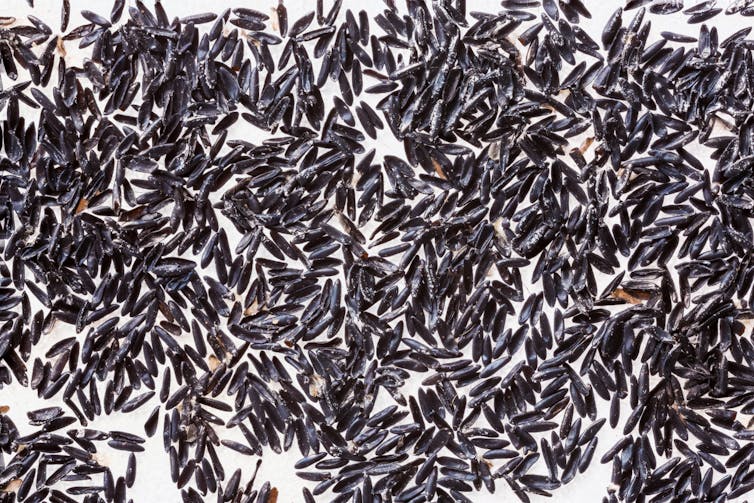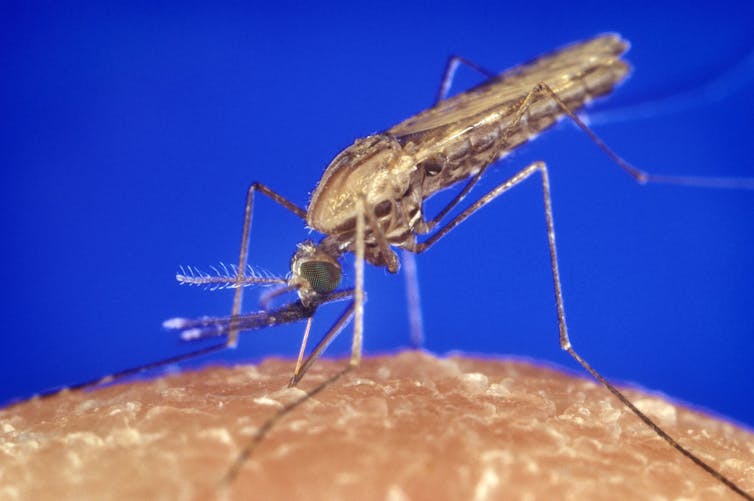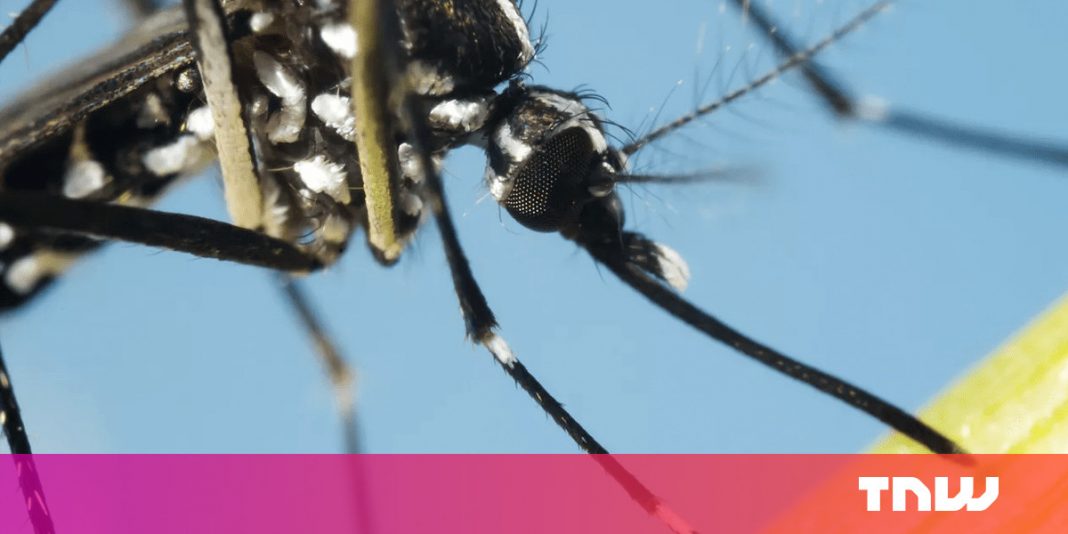The teasing temptation of a sweet reward can typically overcome us. However do not fret, we’re not the only ones. The saccharine compound that our craving for sweets discovers so difficult to withstand is likewise strongly sexy to mosquitoes. And according to brand-new research study, in assisting to keep the insects far from our blood-rich body parts, sugar might for as soon as benefit our health.
However do not begin blending any sugar water right now– or you may wind up doing as much damage as excellent.
We have actually long comprehended that sugar is a crucial energy source for mosquitoes. In truth, it’s really much better than blood in regards to sustaining flight and standard survival procedures. Just female mosquitoes feed upon blood, as it supplies important nutrients required to make their eggs.
Obviously, this thirst for blood produces a dreadful illness concern internationally, typically in the nations least well geared up to cope. Amidst the numerous researchers throughout the world working to minimize the threat of mosquitoes, one appealing opportunity is examining how their desires for sugar and blood engage.
The brand-new research study, released in Plos Biology, gone about examining precisely this. It concentrated on the Asian tiger mosquito ( Aedes albopictus), an intrusive types that has actually penetrated every continent, carefully connects with human beings, and is really hard to reduce, making it an especially hazardous transmitter of illness such as dengue fever, yellow fever, and Zika infection.
The research study group discovered that feeding young tiger mosquitoes sugar options triggered a physiological reaction comparable to that after feeding upon blood. Notably, it then postponed their look for the red velour blood of a human host.

Surprisingly, the scientists discovered that feeding upon sugar triggered levels of a protein called vitellogenin to increase in the mosquitoes. Vitellogenin is a crucial part in the production of the egg yolk that supplies nutrients to coming mosquito offspring. Typically, vitellogenin is produced when receptors discover particular nutrients that mosquitoes collect from blood meals.
Utilizing gene disturbance experiments, scientists had the ability to determine a particular gene connected with vitellogenin that when knocked out, brought back the mosquitoes’ tourist attraction to human beings. This is interesting, as it highlights prospective for this gene to be targeted as a method of minimizing host looking for habits, and in turn, the transmission of lethal illness that impact millions.
Work still to do
This research study is a substantial development in comprehending the physiological systems that affect mosquito feeding habits. Nevertheless, there is still a good deal of work delegated do. As the authors themselves understand, feeding sugar to mosquitoes can not alone be utilized as a control approach in the real life.
There are numerous factors for this, however the most essential is that the impacts of sugar on mosquito habits can differ substantially, even within simply this one types. For instance, while the decrease in human tourist attraction was true for young person mosquitoes, when older women were fed sugar they stayed extremely brought in to human beings, and showed increased nutrition reserves. This is not a preferable result. Physical condition, how well the mosquito fed as larva, whether it has actually mated, and whether it has actually formerly laid eggs might likewise affect the impact of sugar on feeding habits

Things get back at more intricate when other mosquito types are considered. For instance, high vitellogenin levels deteriorate the body immune system of the African malarial mosquito ( Anopheles gambiae), therefore making it most likely to agreement and hand down malaria. Raised vitellogenin is for that reason plainly not constantly a good idea.
Leaving sugar out for mosquitoes might postpone more youthful mosquitoes from biting you, however it will make older mosquitoes more powerful, and might deteriorate the defenses of other mosquito types. We may, nevertheless, have the ability to genetically customize or deal with tiger mosquitoes with hormonal agents that raise vitellogenin levels in the lack of sugar, removing this trade off. Considered that for the most part mosquitoes get illness pathogens throughout their very first meal, such control techniques might considerably postpone the very first blood meal of mosquitos, making them contagious for a much shorter time period.
Obviously, at this early phase it is hard to approximate how reliable control procedures that modify vitellogenin may be. Notably, there is still a long method to precede any single response will be developed for mosquitoes, so continue to follow the very best existing suggestions when taking a trip.![]()
This post is republished from The Discussion by Richard Halfpenny, Speaker in Biological Sciences, Staffordshire University under an Innovative Commons license. Check out the initial post
Check out next:
New syllabuzz: researchers taught bees to comprehend numbers









